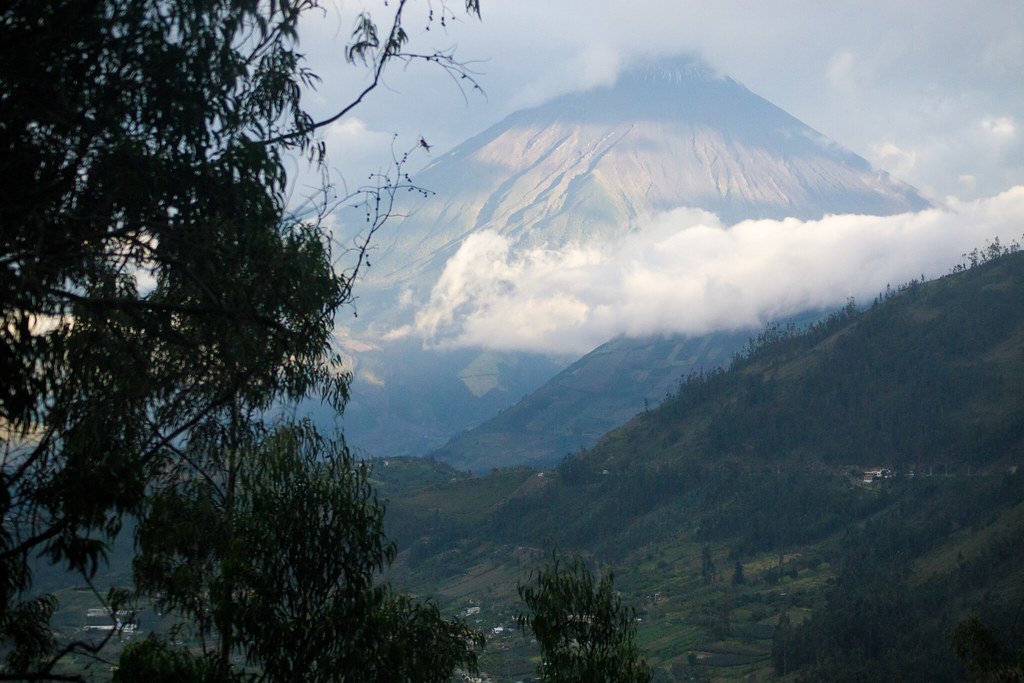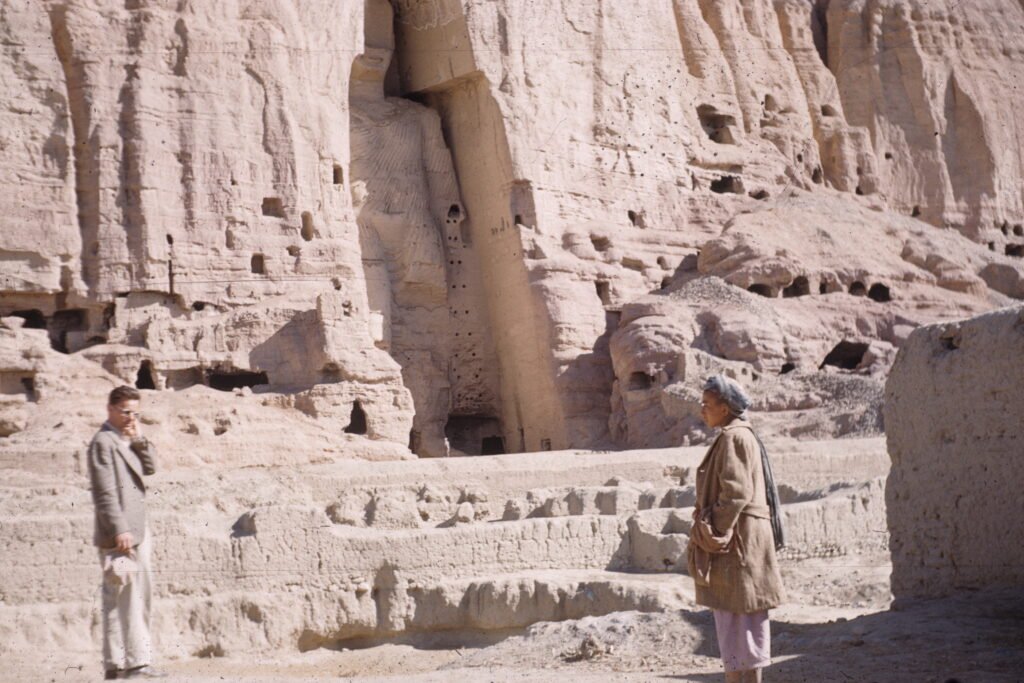Imagine a world where the simple act of picking herbs could be a death sentence. Picture entire communities living in fear of knowledge that had once been cherished, handed down lovingly from one generation to the next. Now, think about how much wisdom and healing may have been lost forever because of suspicion, fear, and the relentless pursuit of so-called witches. The story of the witch hunts is not just a tale of superstition and cruelty—it’s also a tragic account of how centuries of medical knowledge may have vanished in smoke and flames. This isn’t just history; it’s a haunting reminder of how fragile human progress can be when fear takes over.
The Hidden Healers: Who Were the Accused?
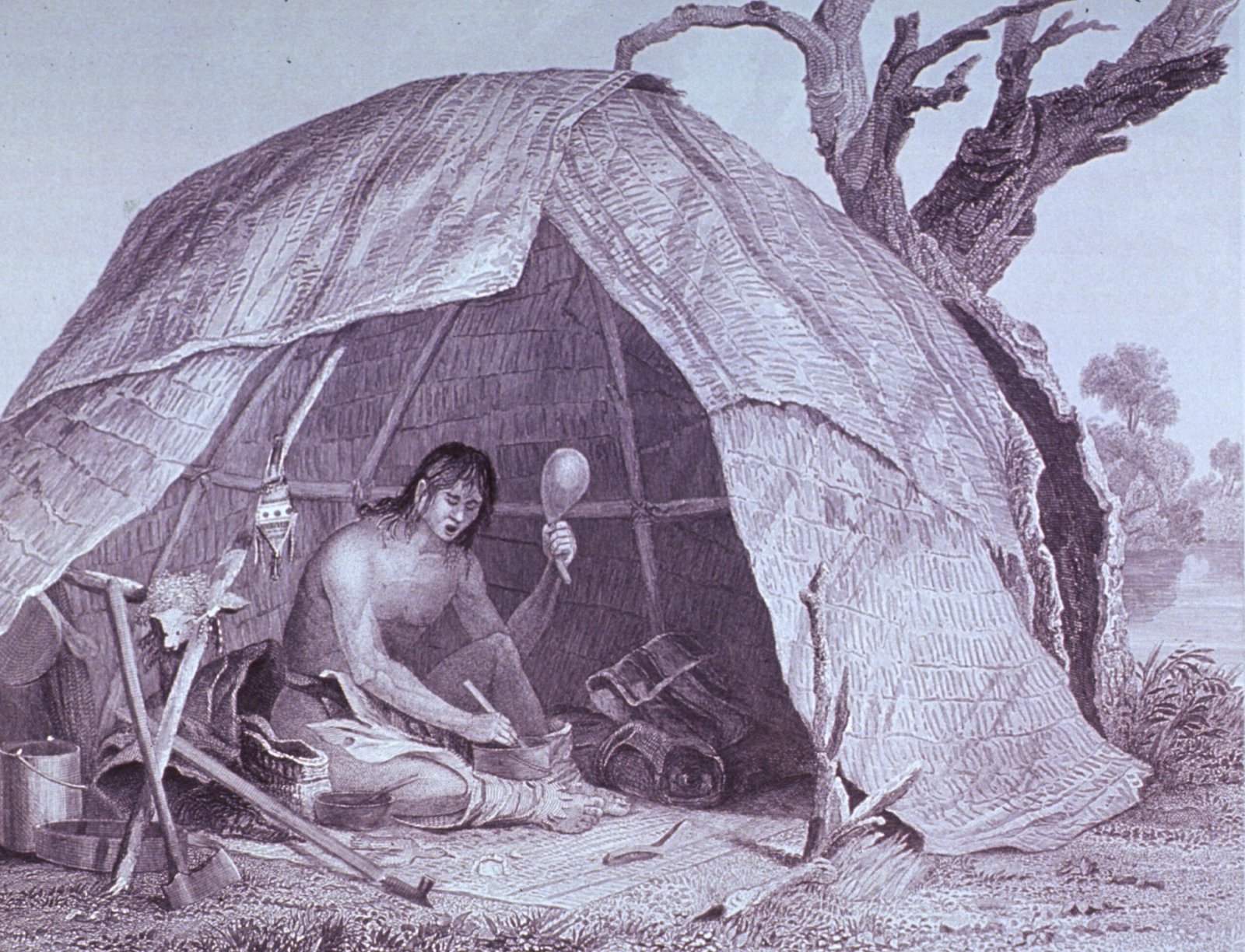
Many of those accused during the witch hunts were women, often midwives, herbalists, or wise folk known for their healing abilities. In small villages, these individuals were invaluable, using remedies crafted from local plants and centuries-old techniques. They were the ones neighbors turned to when sickness struck or childbirth became dangerous. The line between magic and medicine was blurry, but in many cases, these so-called witches were simply practicing what today we’d call folk medicine. When fear took root, their knowledge became a threat, and their expertise was twisted into evidence of evil.
The Rise of Fear and Suspicion
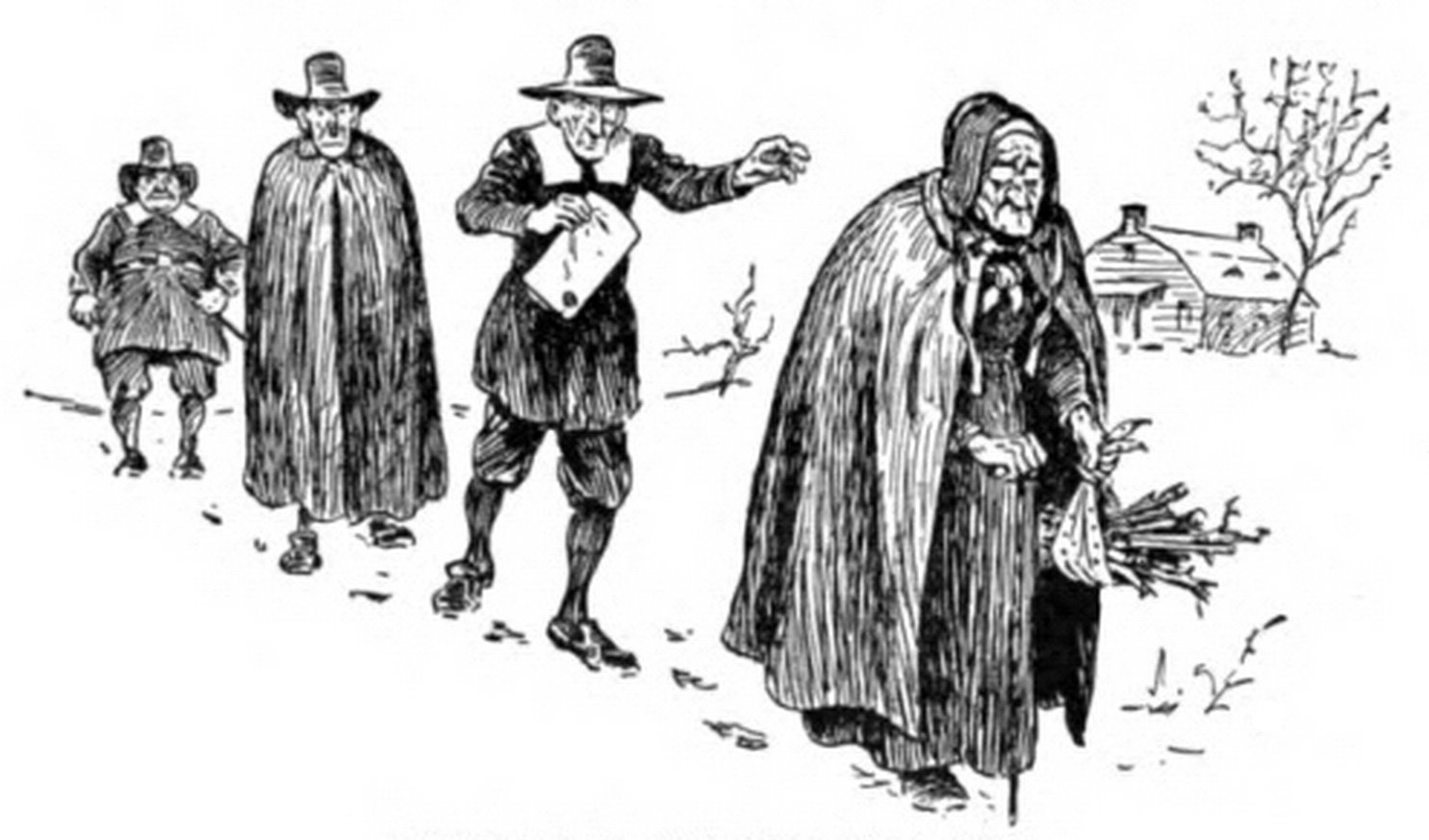
The late Middle Ages and the early modern period were marked by uncertainty—plagues, wars, and social upheaval were everywhere. This instability bred suspicion, and anyone with unusual skills or knowledge could become a scapegoat. People began to see natural healers as sources of danger rather than help. A once-respected healer could be accused of causing illness instead of curing it, and a neighbor’s envy or grudge could quickly become a death sentence. This atmosphere of fear suffocated curiosity and innovation, pushing vital knowledge into the shadows.
The Power of Herbal Medicine
Before modern medicine, herbal remedies were often the only treatments available. Knowledge of which plants healed wounds, soothed fevers, or eased childbirth pains was crucial for survival. These remedies were not just guesswork; they were the result of centuries of observation, experimentation, and oral tradition. The witch hunts targeted those who held this wisdom, labeling their cures as witchcraft. As a result, many valuable recipes and practices disappeared, and communities were left with fewer tools to fight disease and injury.
Midwives: Gatekeepers of Life and Death
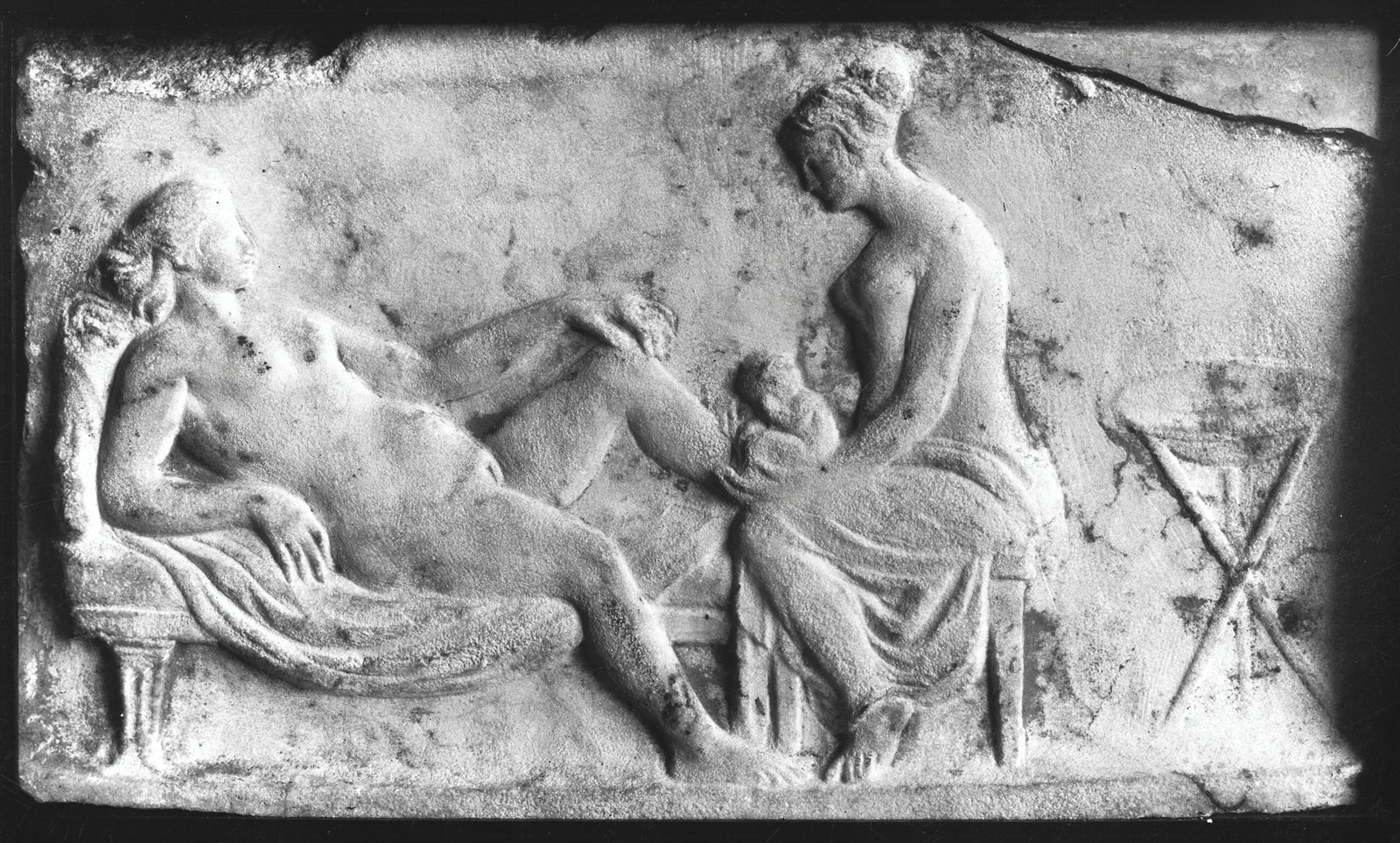
Midwives were especially vulnerable during the witch hunts. They assisted in births, offered contraceptive advice, and sometimes performed abortions—roles that gave them immense influence but also made them targets. Their deep understanding of the female body and natural cycles was often misunderstood or regarded with suspicion by male-dominated religious and legal authorities. When midwives were accused and executed, their unique knowledge about childbirth, women’s health, and infant care often died with them.
The Loss of Oral Tradition
In many rural communities, medical knowledge wasn’t written down—it was spoken. Grandmothers taught granddaughters, and neighbors shared secrets about healing herbs or poultices. The witch hunts shattered this chain. Fear silenced those who once shared their wisdom freely. Stories and formulas that had survived for generations vanished overnight. The destruction was insidious and complete; once the keepers of knowledge were gone, their expertise could not be recovered.
From Cures to Curses: Demonizing Women’s Wisdom
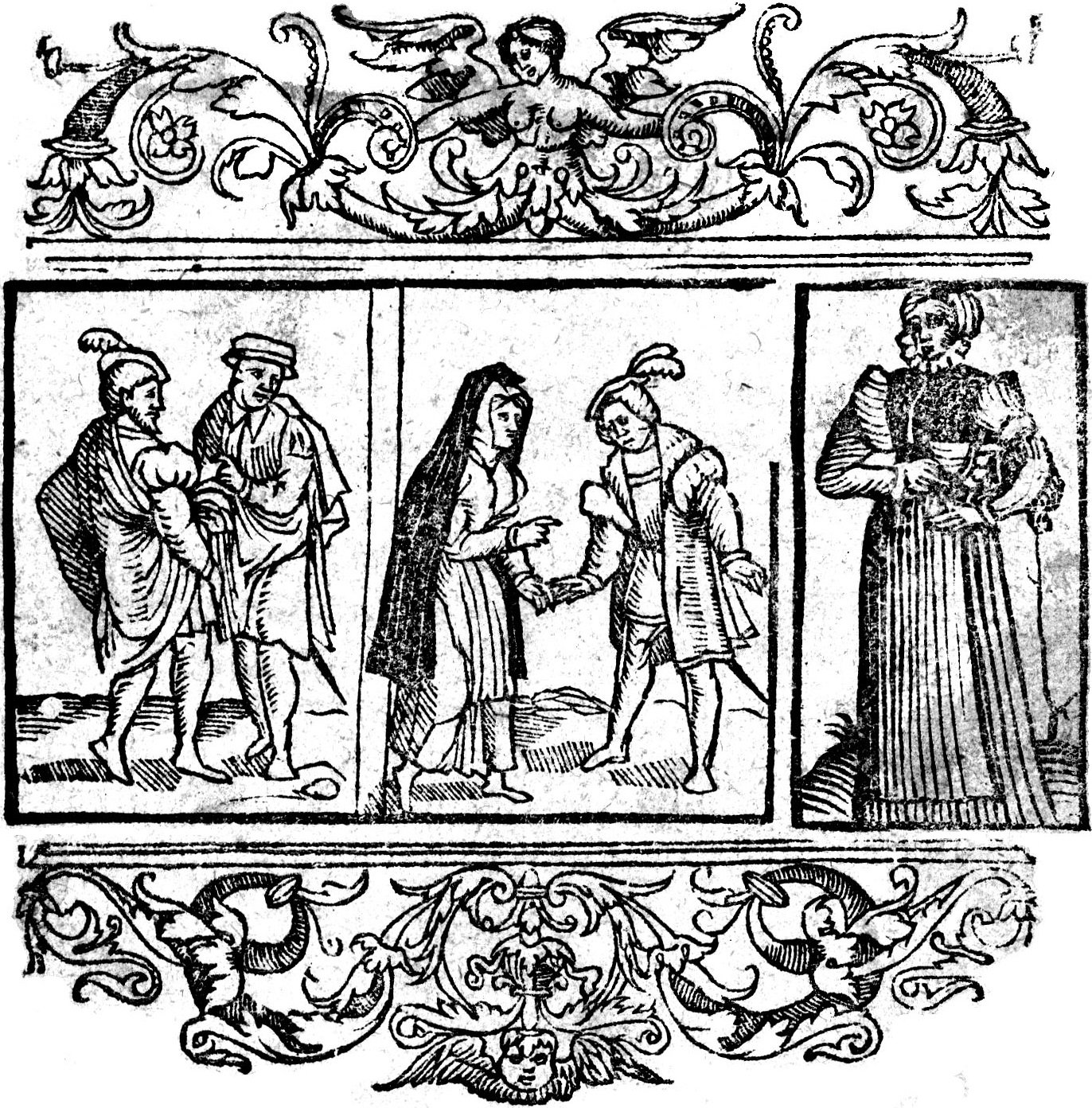
The witch hunts did more than just punish individuals—they turned women’s wisdom into something sinister. Skills that once brought comfort and healing were rebranded as evidence of dark powers. This shift had a chilling effect on future generations. Young people learned to fear, not respect, the knowledge of their elders. The transformation of cures into curses meant that people were less likely to seek or trust the help of traditional healers, even after the worst of the witch hunts had passed.
The Church and the Suppression of Knowledge
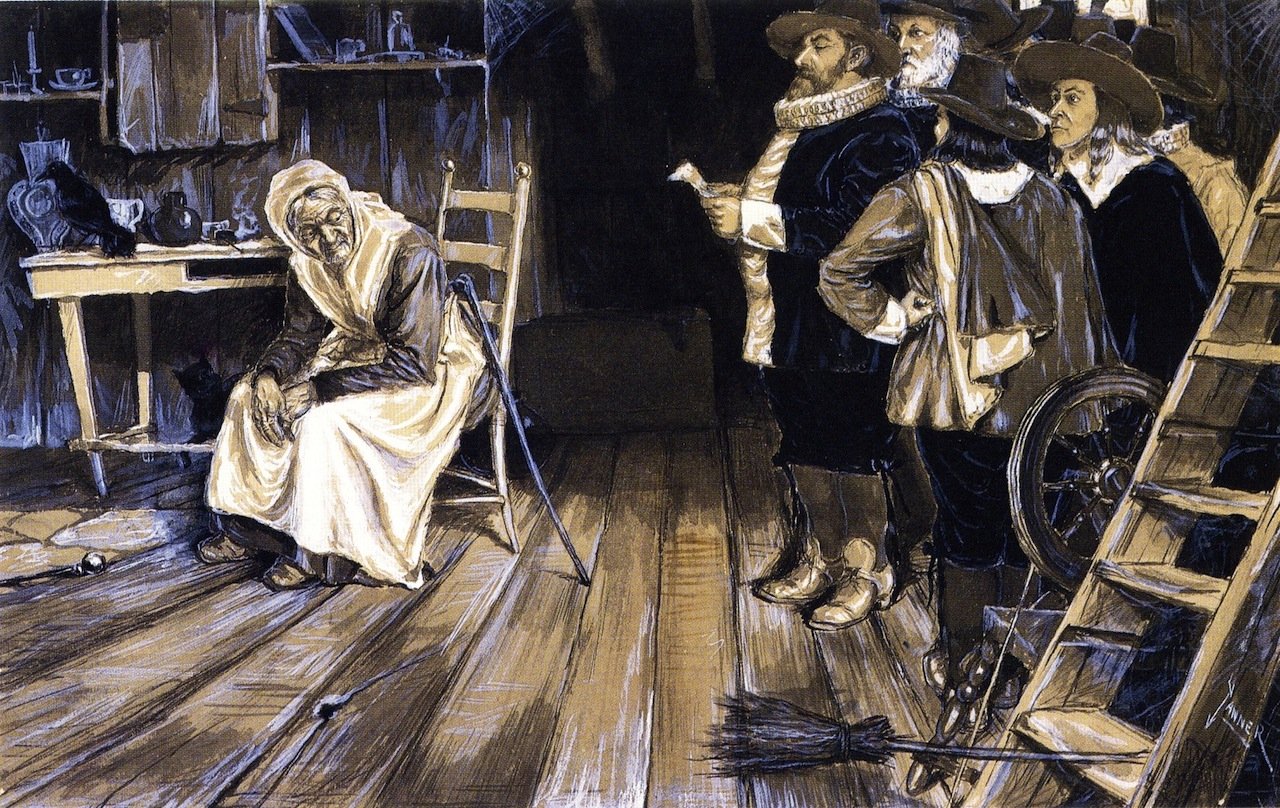
Religious authorities played a major role in promoting witch hunts, often viewing traditional healers as rivals to their spiritual power. The Church’s efforts to centralize and control knowledge meant that anything outside official doctrine was suspect. Medical practices that couldn’t be explained by scripture or blessed by a priest were seen as dangerous. This drive to suppress alternative knowledge led to a culture where questioning or experimenting with new treatments became risky, stifling medical progress for generations.
The Impact on Scientific Progress
The witch hunts didn’t just erase folk wisdom—they also discouraged scientific inquiry. Anyone who experimented with new treatments, studied anatomy, or questioned official dogma could be accused of heresy or witchcraft. This atmosphere of suspicion made it nearly impossible for free thinkers to share ideas or collaborate. Many turned away from medicine altogether, leaving a void that would take centuries to refill. The repression of curiosity and innovation delayed discoveries that could have saved countless lives.
The Gender Divide in Medicine
The witch hunts sharpened the divide between male and female practitioners of medicine. As women healers were persecuted, medicine became increasingly dominated by men, especially those trained at universities or sanctioned by the Church. This shift not only erased the contributions of women but also narrowed the scope of medical knowledge. Many remedies and techniques developed by women were dismissed or forgotten, reducing the diversity of approaches to healing and health.
Herbs, Roots, and Forgotten Remedies
Consider the humble willow bark—used for centuries to ease pain and inflammation. Knowledge like this was once common among village healers but became suspect during the witch hunts. Countless other plants with medicinal properties were lost or ignored as herbalists were driven underground. Some remedies have only recently been rediscovered by modern scientists, while others may be lost forever. The witch hunts created a gap in medical knowledge that is still being filled today.
The Silence of the Survivors
Those who survived accusations or witnessed friends and family burned at the stake often chose silence over sharing what they knew. The trauma and fear associated with being labeled a witch made it dangerous to speak out. This silence was a tragedy in itself, as it prevented the rebuilding of lost traditions. The survivors’ reluctance to teach or practice their skills meant that the next generation grew up without the benefit of centuries of accumulated wisdom.
The Role of Superstition in Shaping Medicine
Superstition played a powerful role in transforming attitudes toward healing. As rational explanations for illness were hard to come by, people turned to magical thinking. Unfortunately, this meant that genuine medical practices were often dismissed or condemned if they didn’t align with prevailing religious or cultural beliefs. The blending of fear, folklore, and medicine made it difficult to separate effective treatments from superstition, further complicating the recovery of lost knowledge.
The Legacy of Lost Women Scientists
History is filled with names we’ll never know—women who might have been great doctors, botanists, or inventors if only they’d lived in a different time. The witch hunts systematically erased these potential contributors from the record. Modern science is only now beginning to appreciate the scope of this loss. By silencing women’s voices, society missed out on countless innovations and insights that could have shaped the course of medical history.
The Ripple Effect Across Europe and Beyond
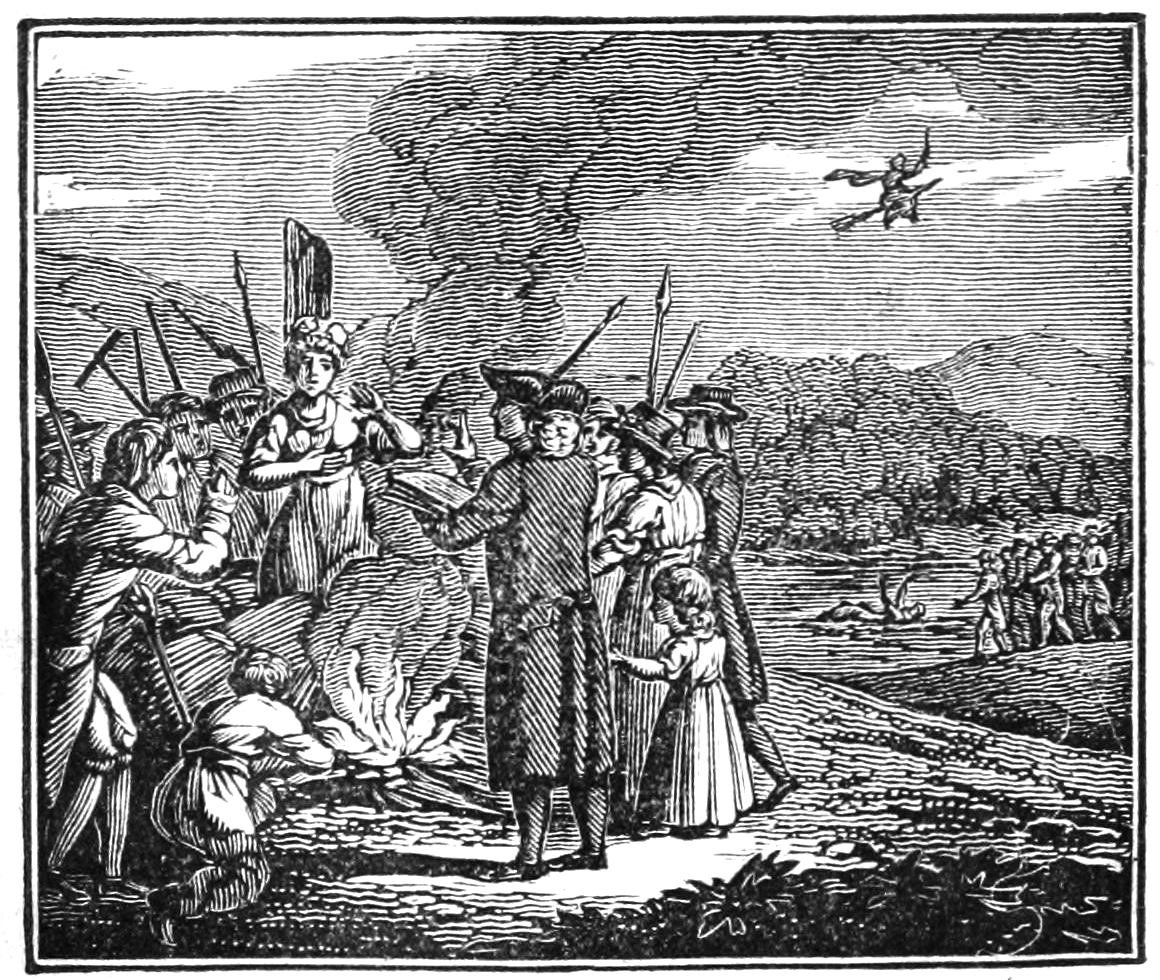
The witch hunts weren’t confined to one country or region—they swept across Europe and even reached the Americas. Each wave of persecution dealt another blow to local knowledge systems. Regions that once shared vibrant traditions found themselves cut off and isolated. The loss was not just medical but cultural, as communities lost touch with their own histories and connections to the land.
The Rebirth of Herbalism and Folk Medicine
Despite the devastation, some traditions survived underground. Over time, herbalism and folk medicine began to re-emerge, often disguised or adapted to avoid suspicion. In some areas, people developed secret codes or rituals to protect their knowledge. The modern revival of interest in natural remedies is, in many ways, an attempt to reclaim what was lost. Scientists today are rediscovering the value of plants and traditional practices, piecing together fragments of wisdom that survived centuries of persecution.
The Modern Search for Forgotten Cures
Today, researchers are scouring old texts and folk traditions for hints of forgotten cures. Some of the world’s most important medicines, like aspirin, have roots in ancient herbal practices. Scientists hope that by understanding what was lost, they can rediscover treatments for modern diseases. The search is urgent—plants and knowledge that survive in remote corners are disappearing fast, threatened by environmental change and continued neglect.
Lessons for Today: The Danger of Ignorance and Fear
The story of the witch hunts is a powerful warning about what happens when fear overrides reason. Dismissing or destroying knowledge out of suspicion can have consequences that last for centuries. In a world still grappling with misinformation and mistrust of science, this history feels all too relevant. It’s a reminder to protect curiosity, nurture knowledge, and value those who dedicate their lives to healing—no matter how unconventional their methods may seem.
The Human Cost: Stories Lost to Time
Behind every accusation was a person—a healer, a mother, a friend—whose story was cut short. The human cost of the witch hunts is immeasurable. Families lost loved ones, entire villages lost their guides and protectors. The pain and fear lingered long after the fires died down. Each lost healer was a library of knowledge, and their absence left a void that echoes through history.
The Fragility of Progress
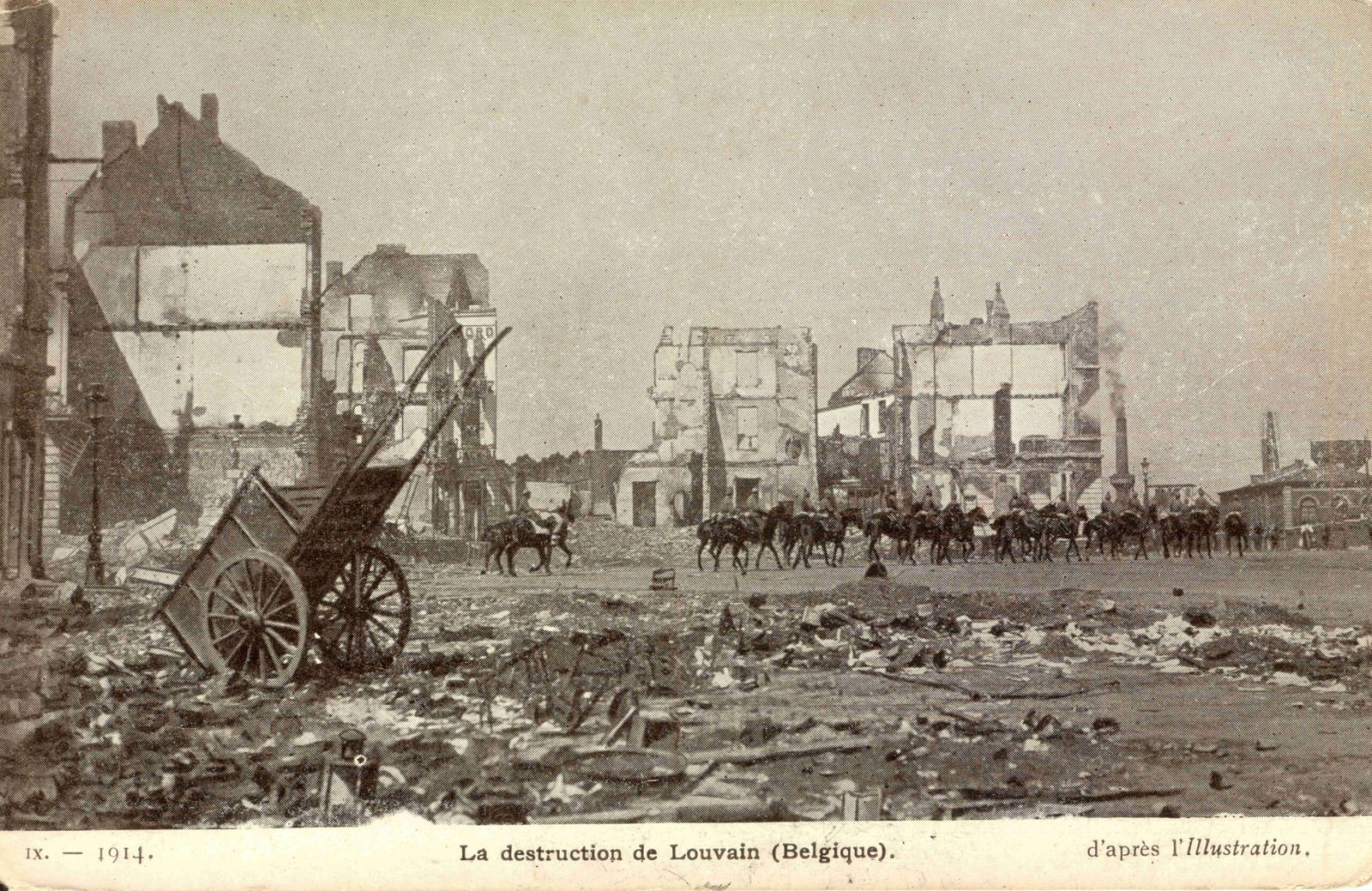
The destruction of medical knowledge during the witch hunts is a stark example of how easily progress can be undone. Advances in science and medicine are not guaranteed—they depend on the courage to seek, share, and protect knowledge. The events of the past serve as a cautionary tale: what is lost in a moment of fear can take centuries to rebuild. Are we doing enough today to protect and honor the wisdom that survives?
Remembering and Rebuilding
Modern medicine stands on the shoulders of countless unknown healers, many of whom endured suspicion and persecution. Remembering the tragedy of the witch hunts is not just about honoring the past—it’s about committing to a future where knowledge is cherished, not feared. By seeking out forgotten traditions and respecting the wisdom of all healers, we can begin to heal the wounds left by centuries of ignorance. What wisdom might we rediscover if we dared to look back with open minds?


